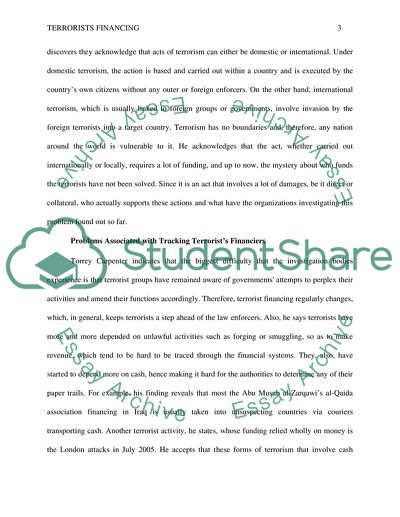Cite this document
(“Problems with tracking Terrorist financing Research Paper”, n.d.)
Retrieved from https://studentshare.org/law/1687196-problems-with-tracking-terrorist-financing
Retrieved from https://studentshare.org/law/1687196-problems-with-tracking-terrorist-financing
(Problems With Tracking Terrorist Financing Research Paper)
https://studentshare.org/law/1687196-problems-with-tracking-terrorist-financing.
https://studentshare.org/law/1687196-problems-with-tracking-terrorist-financing.
“Problems With Tracking Terrorist Financing Research Paper”, n.d. https://studentshare.org/law/1687196-problems-with-tracking-terrorist-financing.


